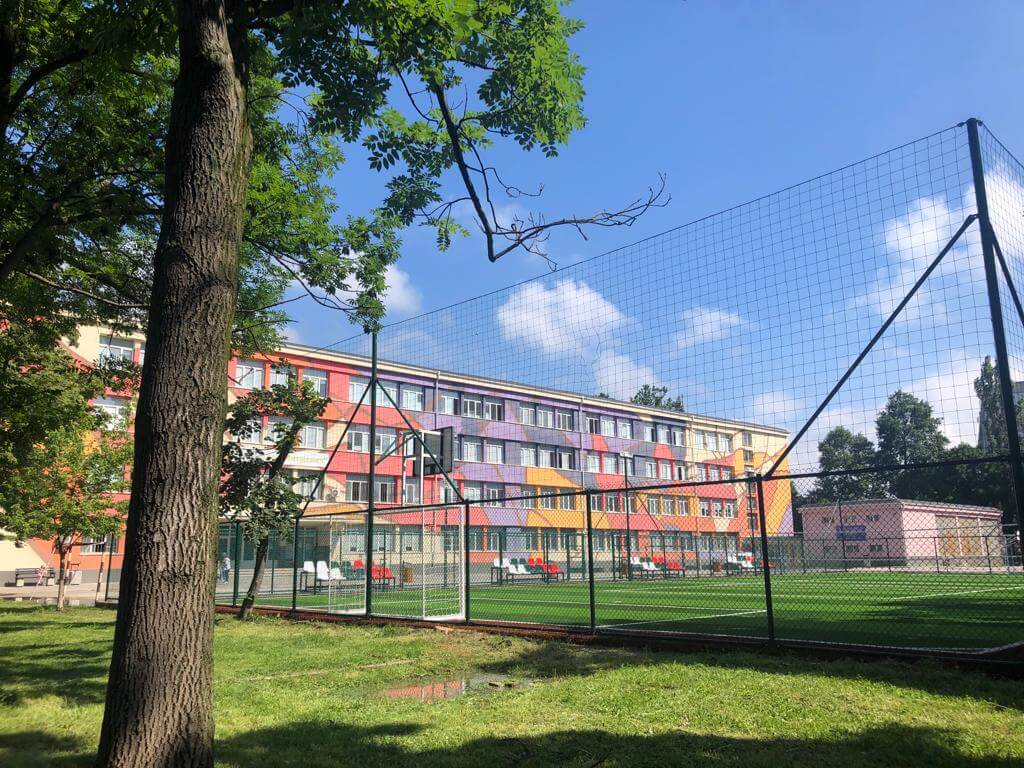Students aged between 5 and 18; male and female; the majority were Bulgarian students, including Roma children. There was a variable number of students with foreign backgrounds, including refugee children from Ukraine, unaccompanied minors (UAMs) from Afghanistan and Iran, migrant and refugee children from Syria, Iraq, Vietnam, China.
There were also approximately 50 students; five teachers; and members of the team of personal development (psychologist, speech therapist) as volunteers.
Lessons, learning and recommendations
One of the challenges encountered during the implantation of the SEAs was related to the language barrier UAMs experience because they can’t speak Bulgarian and therefore find it challenging to participate in class.
The functioning of the school system makes it challenging for teachers to implement SEAs more regularly due to the volume of material they have to teach combined with limited time.
The participation of volunteers – higher grade students or university students – in school activities aimed at the integration of migrant and refugee students needs to be more actively encouraged because the REFUGE-ED project has proven that it is a good practice.
